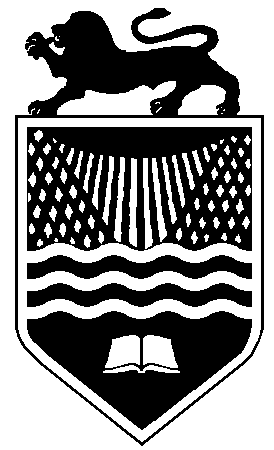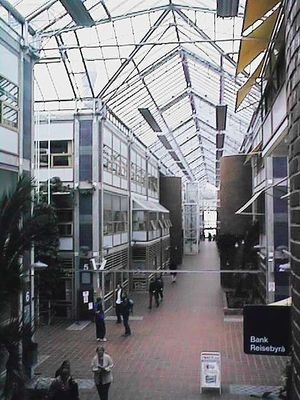Difference between revisions of "The MaLex Project"
| (36 intermediate revisions by 5 users not shown) | |||
| Line 1: | Line 1: | ||
| − | The MaLex project is a cooperation between the [[Centre for Language Studies (CLS)]] at the University of Malawi, Zomba, Malawi, and the Department of Language and Communication Studies (ISK) at the Norwegian University of Science and Technology | + | [[Image:UniversityMalawi.gif|thumb|right|University of Malawi]] |
| + | [[Image:DragvollInside.jpg|thumb|left|NTNU-Dragvoll, Trondheim Norway]] | ||
| + | The MaLex project - '''MaLEX : Malawian Lexicon Project''' - is a cooperation between the [[Centre for Language Studies (CLS)]] at the University of Malawi, Zomba, Malawi, and the Department of Language and Communication Studies (ISK) at the [http://www.ntnu.no Norwegian University of Science and Technology], Trondheim, Norway. The project is financed by [http://www.uib.no/fa/intkont/nufu/nufu.htm NUFU]. Prof. Lars Hellan, NTNU, is the Norwegian coordinator and Prof. Pascal Kishindo, University of Malawi, is the coordinator in Malawi. | ||
| − | The "Lex" in MaLex stands for "lexicon", and lexica will be among the results of the project | + | The "Lex" in MaLex stands for "lexicon", and lexica will be among the main results of the project and the first of three planned dictionaries was published in the Spring 2014, for Ciyawo. |
| − | The | + | Another area of MaLex is typologically oriented in-depth annotation of representative texts of languages of Malawi, starting with Chichewa and Citumbuka. |
| + | (The three focal languages of the project are Chichewa, Ciyawo and Citumbuka.) | ||
| − | + | MaLex supports at present two PhD student from Malawi ([[User:Jean_Chavula| Jean Chavula]], and Winfred Mkochi). It has had shorter visits at NTNU by two students from Malawi, one in the Spring semester 2008, and one in the Fall semester 2008 ([[User:Jean_Chavula| Jean Chavula]]). Winfred Mkoch completed his PhD at NTNU in May 2014, with a topic in phonology. | |
| − | + | ||
| Line 15: | Line 17: | ||
| − | + | [[Category:Projects]] | |
| − | + | ||
| − | + | ||
| − | + | ||
| − | [[Category: | + | |
Latest revision as of 18:28, 7 March 2016
The MaLex project - MaLEX : Malawian Lexicon Project - is a cooperation between the Centre for Language Studies (CLS) at the University of Malawi, Zomba, Malawi, and the Department of Language and Communication Studies (ISK) at the Norwegian University of Science and Technology, Trondheim, Norway. The project is financed by NUFU. Prof. Lars Hellan, NTNU, is the Norwegian coordinator and Prof. Pascal Kishindo, University of Malawi, is the coordinator in Malawi.
The "Lex" in MaLex stands for "lexicon", and lexica will be among the main results of the project and the first of three planned dictionaries was published in the Spring 2014, for Ciyawo.
Another area of MaLex is typologically oriented in-depth annotation of representative texts of languages of Malawi, starting with Chichewa and Citumbuka. (The three focal languages of the project are Chichewa, Ciyawo and Citumbuka.)
MaLex supports at present two PhD student from Malawi ( Jean Chavula, and Winfred Mkochi). It has had shorter visits at NTNU by two students from Malawi, one in the Spring semester 2008, and one in the Fall semester 2008 ( Jean Chavula). Winfred Mkoch completed his PhD at NTNU in May 2014, with a topic in phonology.

